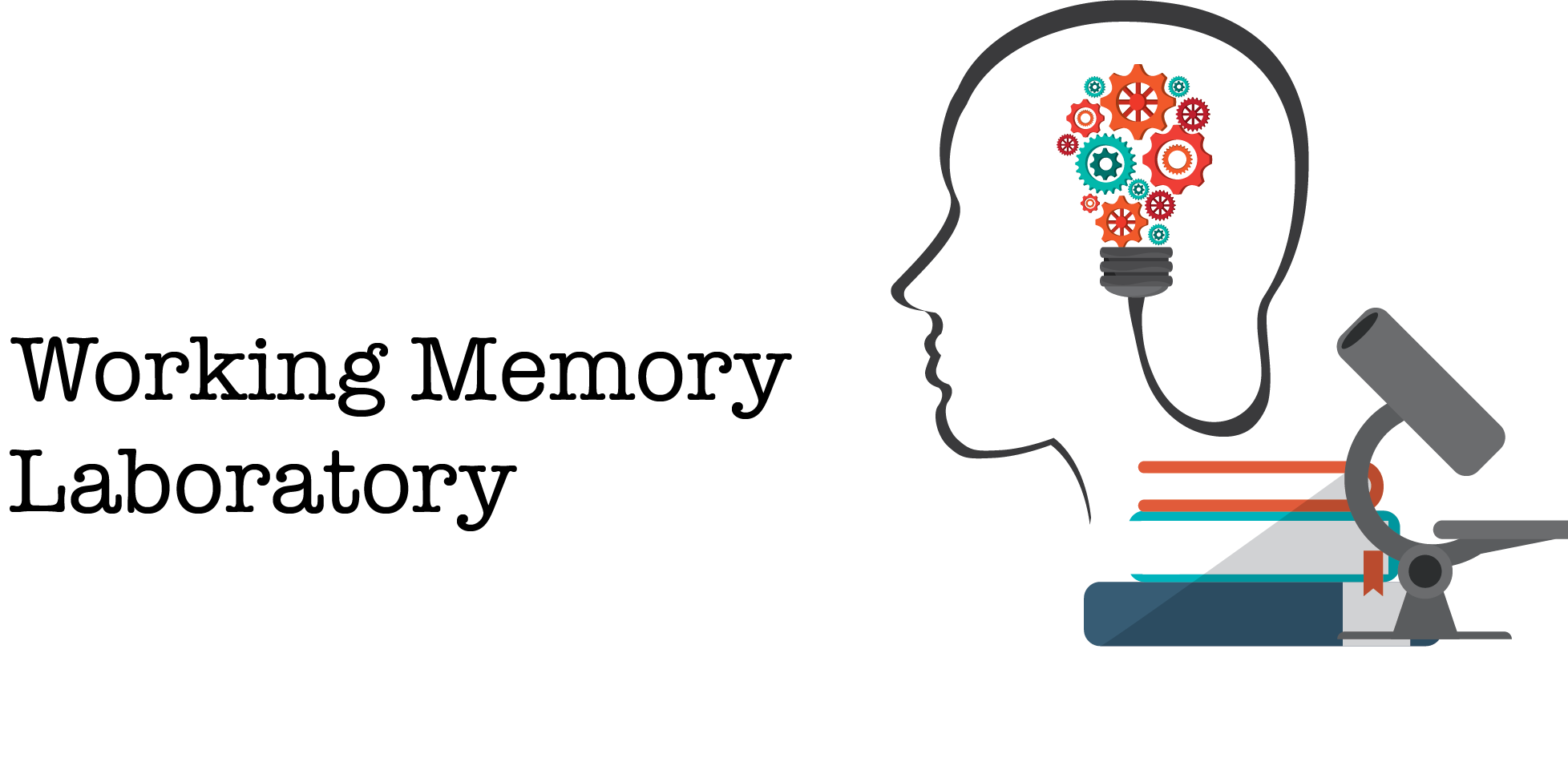Knowledge
A therapist’s knowledge forms the foundation of effective therapeutic practice. This includes a deep understanding of psychological theories, evidence-based interventions, and the latest research in mental health. Knowledgeable therapists are better equipped to accurately assess client issues, select appropriate treatment modalities, and adapt their approach to suit individual needs. According to Beutler et al. (2004), therapist competence—anchored in a robust knowledge base—significantly contributes to positive therapy outcomes. Knowledge also allows therapists to recognize when to refer clients to other professionals, ensuring clients receive the best possible care. Furthermore, ongoing education and staying current with advances in the field are essential for maintaining high standards of practice and ensuring interventions remain effective and relevant (Beutler et al., 2004).
Experience
Experience plays a crucial role in enhancing a therapist’s effectiveness. With time and practice, therapists develop greater clinical intuition, improved problem-solving skills, and the ability to manage complex or unexpected situations in therapy. Research shows that experienced therapists are more adept at building strong therapeutic alliances, which is a key predictor of successful outcomes (Wampold & Imel, 2015). Experience also helps therapists recognize subtle cues in client behavior, manage resistance, and handle crises with greater confidence. However, it is important to note that experience alone does not guarantee effectiveness; it must be coupled with reflective practice and a willingness to learn from both successes and challenges (Hill et al., 2017). Therapists who engage in ongoing supervision and self-reflection continue to grow professionally, further enhancing their ability to support clients (Wampold & Imel, 2015).
Professionalism
Professionalism encompasses a range of qualities and behaviors that are essential for creating a safe, respectful, and effective therapeutic environment. This includes adhering to ethical guidelines, maintaining clear boundaries, respecting client confidentiality, and demonstrating reliability and respect. Professionalism fosters trust, which is fundamental to the therapeutic relationship and to clients’ willingness to engage openly in therapy (Norcross & Lambert, 2019). Research indicates that clients who perceive their therapists as professional and credible are more likely to experience positive therapeutic outcomes (Norcross & Lambert, 2019). Professionalism also involves cultural competence, self-awareness, and the ability to manage personal biases, all of which contribute to a supportive and inclusive environment for clients of diverse backgrounds.
Self-Awareness and Reflective Practice
In addition to knowledge, experience, and professionalism, self-awareness and reflective practice are critical for therapist effectiveness. Therapists who regularly evaluate their own skills, seek feedback, and reflect on their practice are more likely to identify areas for growth and make necessary adjustments (Hill et al., 2017). This process of self-reflection enhances clinical judgment and helps therapists remain attuned to their clients’ needs. Research suggests that therapists who engage in deliberate practice and ongoing self-assessment are better able to build strong therapeutic alliances and achieve positive outcomes for their clients (Hill et al., 2017).
Conclusion
In summary, research underscores that therapists who combine strong knowledge, relevant experience, professionalism, and reflective practice are best equipped to build trust, tailor interventions, and support positive therapeutic change for their clients (Norcross & Lambert, 2019; Wampold & Imel, 2015; Beutler et al., 2004). These qualities not only enhance the quality of care but also ensure that therapy remains a safe, effective, and transformative process for those seeking help.
References
Beutler, L. E., Malik, M., Alimohamed, S., Harwood, T. M., Talebi, H., Noble, S., & Wong, E. (2004). Therapist variables. In M. J. Lambert (Ed.), Bergin and Garfield’s Handbook of Psychotherapy and Behavior Change (5th ed., pp. 227–306). Wiley.
Hill, C. E., Spiegel, S. B., Hoffman, M. A., Kivlighan, D. M., & Gelso, C. J. (2017). Therapist expertise in psychotherapy revisited. The Counseling Psychologist, 45(1), 7–53.
Norcross, J. C., & Lambert, M. J. (2019). Psychotherapy relationships that work III. Psychotherapy, 56(4), 423–426.
Wampold, B. E., & Imel, Z. E. (2015). The Great Psychotherapy Debate: The Evidence for What Makes Psychotherapy Work (2nd ed.). Routledge.



